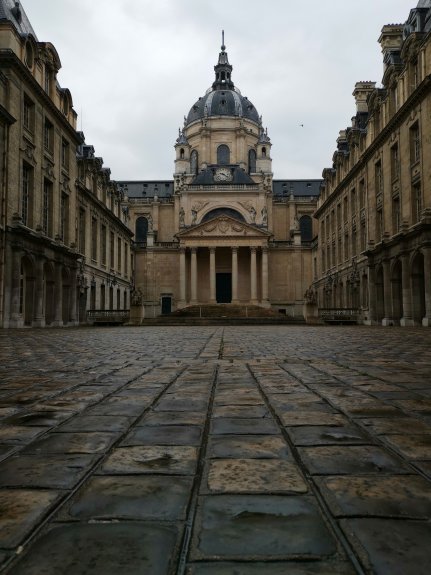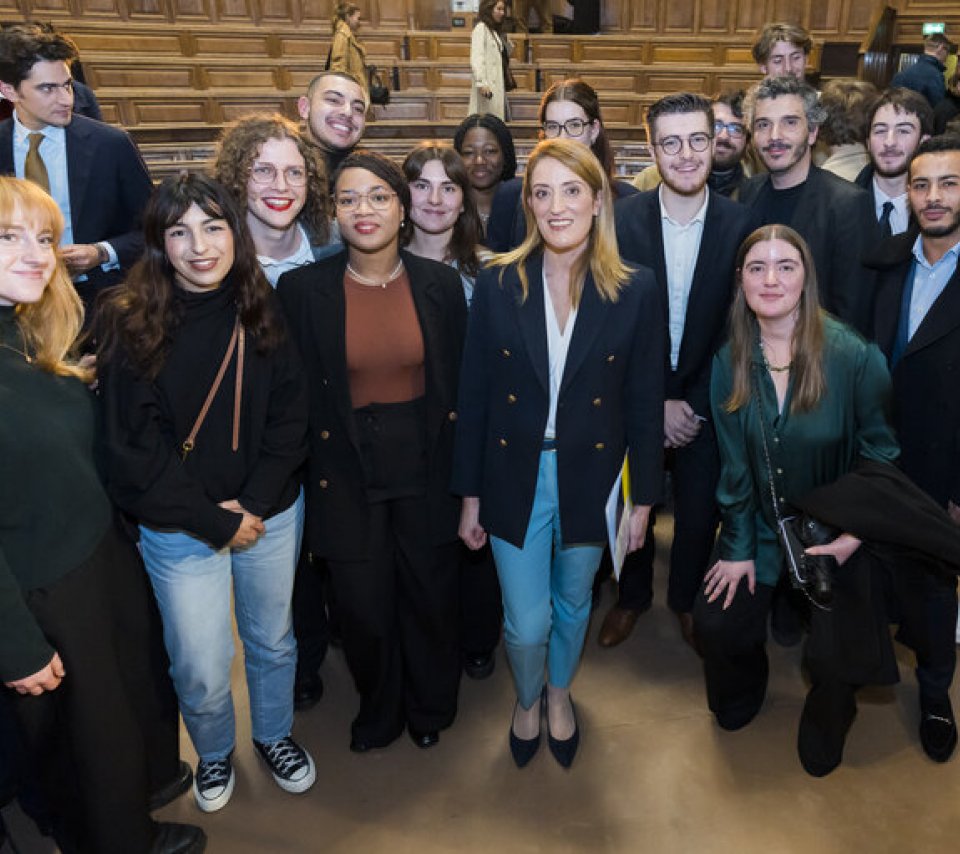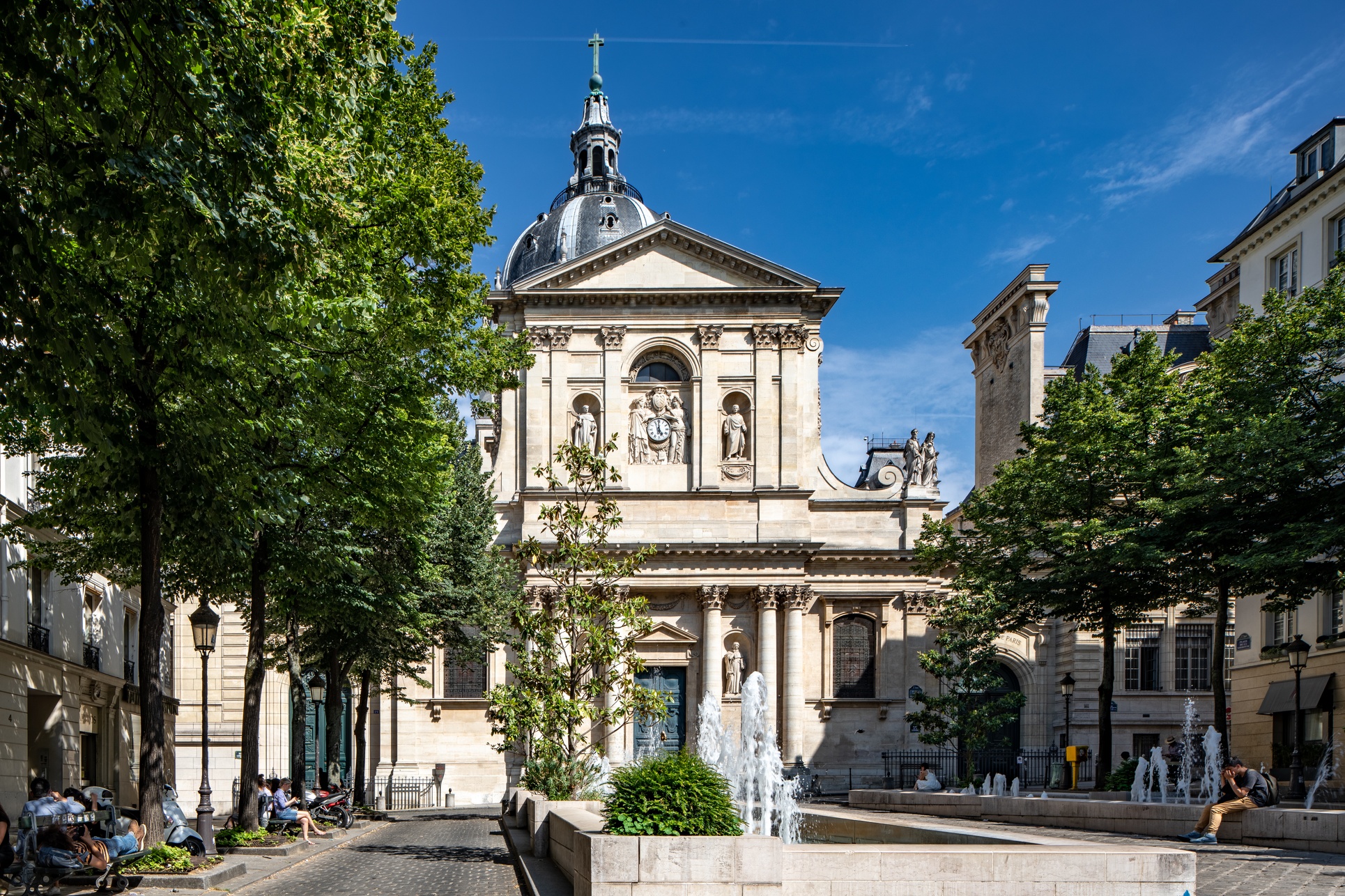
Actualités & Évènements


Retour sur l'évènement "Roberta Metsola en Sorbonne pour penser l’Europe de demain"
Roberta Metsola en Sorbonne pour penser l’Europe de demain La vidéo du discours Les extraits...
Présentation générale
L'École de Science politique de la Sorbonne, qui est l’une des composantes de l’Université Paris 1 Panthéon-Sorbonne, a été créé il y a 50 ans. Il accueille aujourd’hui quelques 1500 étudiant-e-s. Plus de 50 enseignant-e-s chercheur-e-s, attaché-e-s temporaires d’enseignement et de recherche et doctorant-e-s contractuel-le-s en mission d’enseignement et 80 intervenant-e-s travaillant dans les métiers de la science politique assurent ses enseignements.
1547
Étudiants
31
Enseignants-chercheurs
86
Intervenants professionnels
7
Parcours de Licence
12
Parcours de Master
75
Partenaires étrangers

Sorbonne
17, rue de la Sorbonne 75005 ParisUFR de Science politique
Pôle Licence : bureau F628 / Pôle Master : bureau F611